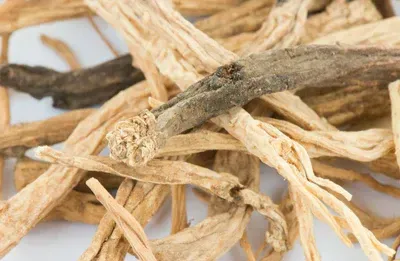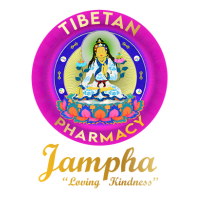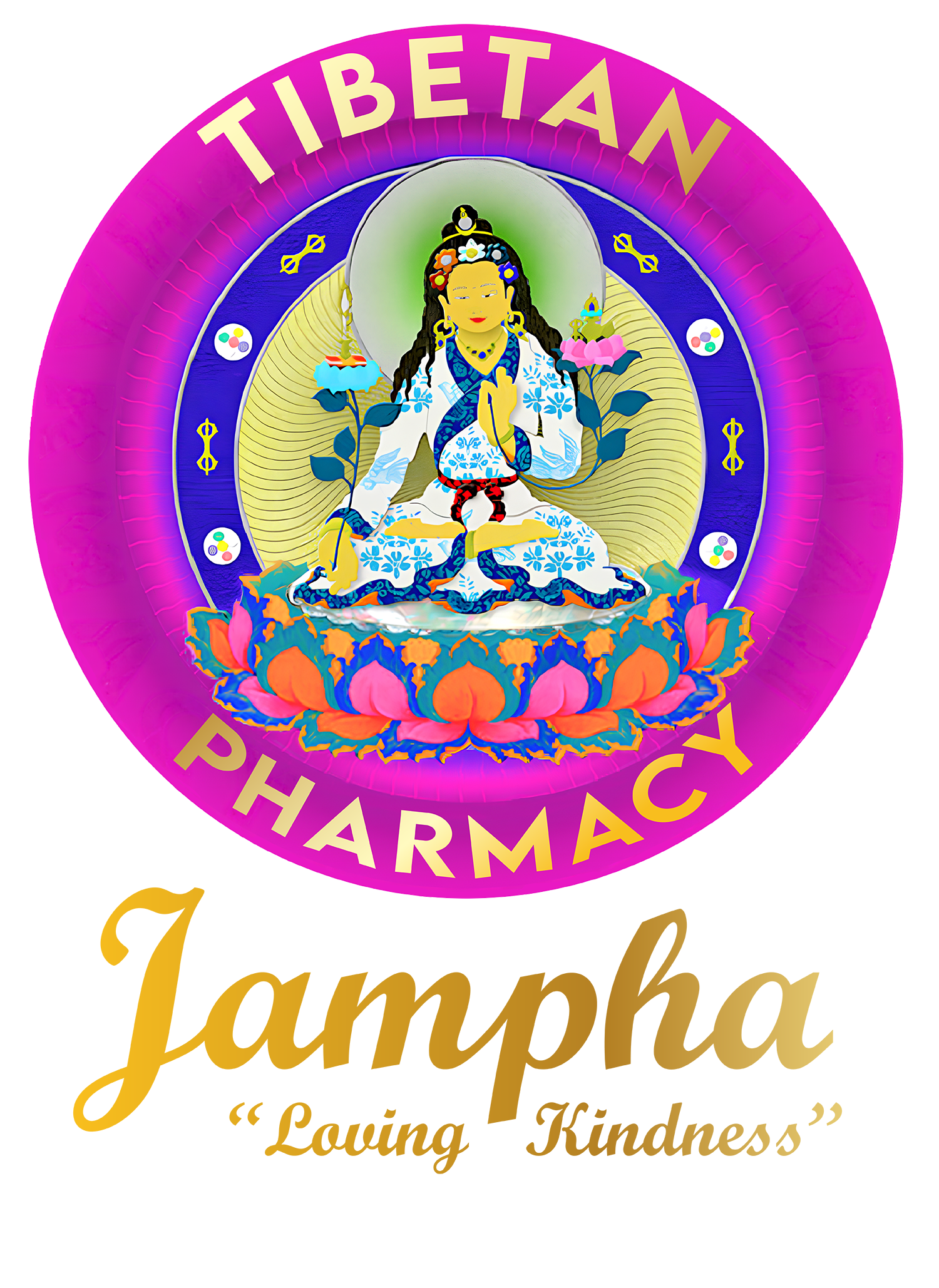Dive into tranquility and boost resilience.
A natural and potent blend to fortify you during times of mental, emotional, and physical stress and anxiety. Calm SETI works by soothing your nervous system, facilitating the release of anxiety, and fostering a serene state of mind. The result is a restored sense of calm, allowing you to embrace a happier existence in spite of life's daily challenges.
The blend also aids in balancing your body's serotonin levels, making this blend an excellent choice for fostering mental and emotional stability. Its components are recognized for their sedative and anti-anxiety properties, serving as natural aids for better sleep. Enjoy the effects of Calm SETI as it enhances your mood and counters anxiety-inducing thoughts and feelings.
INGREDIENTS
Organic Full Spectrum Water Soluble Hemp Nano-CBD Extract, Skullcap, Kava Kava, Damiana, Ashwagandha, Nerolidol, Myrcene, beta-Caryophyllene, Linalool, Citral, Terpineol, alpha-Bisabolol, Valencene
DIRECTIONS
Take ½-1 mL in 2oz of water, then follow with a glass of water. Use 1-3 times daily as needed.
Product Pairings
Why These Pairings?
Each paired product can amplify the benefits and elevate your wellness journey.
Healing Heart Tibetan Infusion
Healing Heart Tibetan Infusion is a love-infused tincture that weaves a synergy of balance in mind and heart, fostering a state of internal equilibrium and resilience.
Agar 35 Tibetan Pill Medicine
One of the most widely endorsed traditional Tibetan compounds, Agar 35 is formulated to soothe anxiety, obsessive thinking, fatigue, and traumatic stress.
Potent & Effective
Improve Overall Health
CBD is a remarkable molecule that helps the ECS regulate and harmonize vital body functions without binding.
Accelerated by Science
By adding well-researched plant terpenes, we increase each formula's potency.
USA Made
Made in the USA from thoughtfully sourced and organically grown plants.
Easy to Absorb
Our innovative liquid extract is super-concentrated, ensuring easy absorption and maximum effectiveness.
Lab Tested
Our products are third party ISO Certified lab tested.
90 Day Guarantee
We are so confident you will experience benefits we offer a 90 day money back guarantee.
Our CBD SETI Infusions
Our SETI CBD Infusions harness the power of full-spectrum, organic CBD and are enhanced with a rich entourage of plant terpenes.
New to Jampha?
Jampha Tibetan Pharmacy merges traditional medicine and modern science.
Learn more about our botanical infusions, topicals, and Tibetan
Pill Medicines.
Learn More

Contact Us
Love a Jampha product? We would be honored if you could help others discover the benefits by leaving a quick review and sharing your experience!
Resources
Contact Us
Love a Jampha product? We would be honored if you could help others discover the benefits by leaving a quick review and sharing your experience!
Resources
A Higher Expression
Using select Botanicals, Cannabinoids and Live Terpenes, we have crafted High Vibrational "Synergy Enhanced Terpene Infusions" (SETI) that deliver a targeted and controlled entourage of restoration to imbalanced dis-eased systems. These same terpenes are what keeps our ecosystems in balance and protected from diseases and infections, allowing them to thrive and prosper. The same effects have been documented in human clinical trials and supported by science having miraculous and marvelous bioactive influences throughout each of the body systems.
The statements made regarding these products have not been evaluated by the Food and Drug Administration. The efficacy of these products has not been confirmed by FDA-approved research. These products are not intended to diagnose, treat, cure or prevent any disease. All information presented here is not meant to substitute for or alternative to information from health care practitioners. Please consult your health care professional about potential interactions or other possible complications before using any product.











